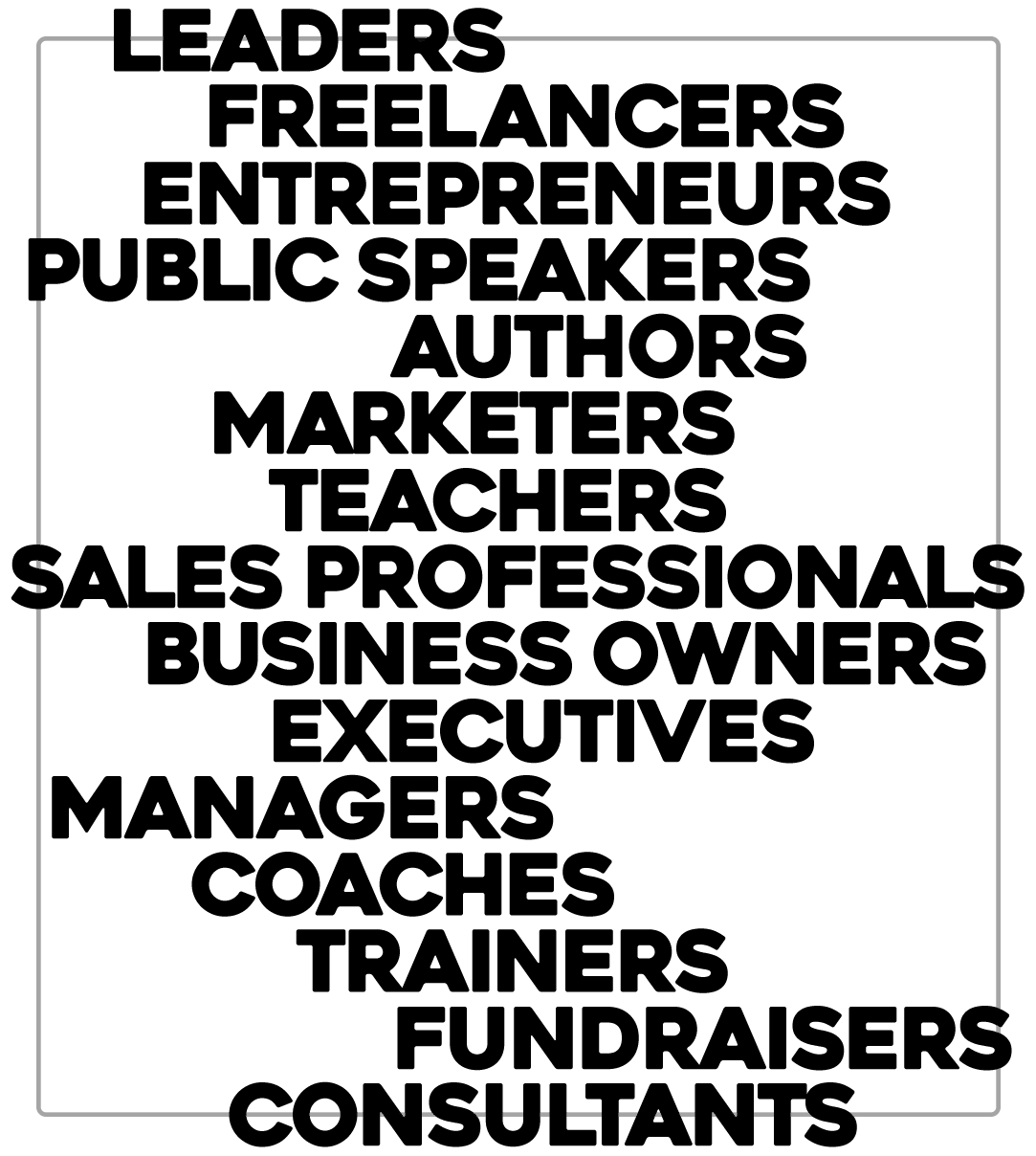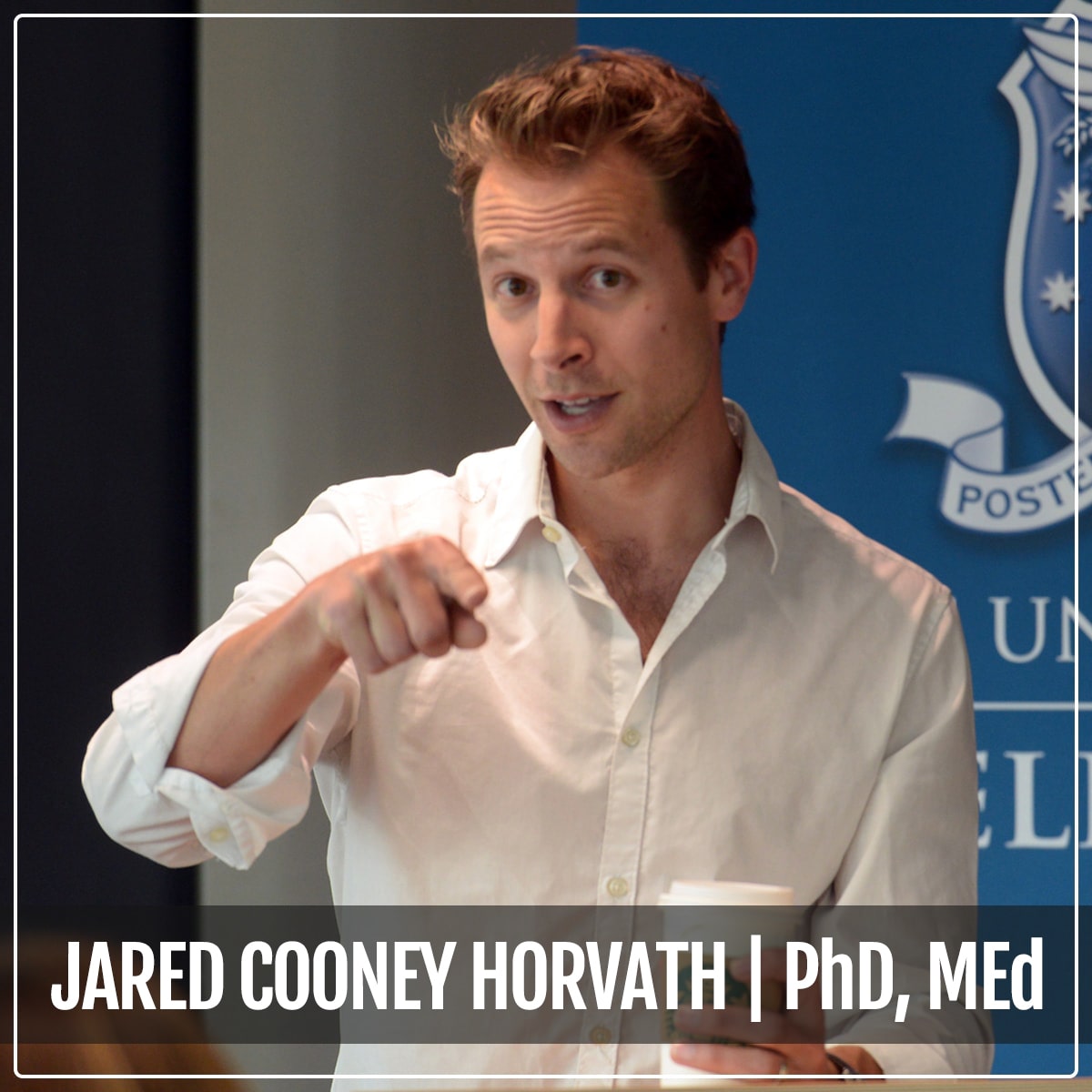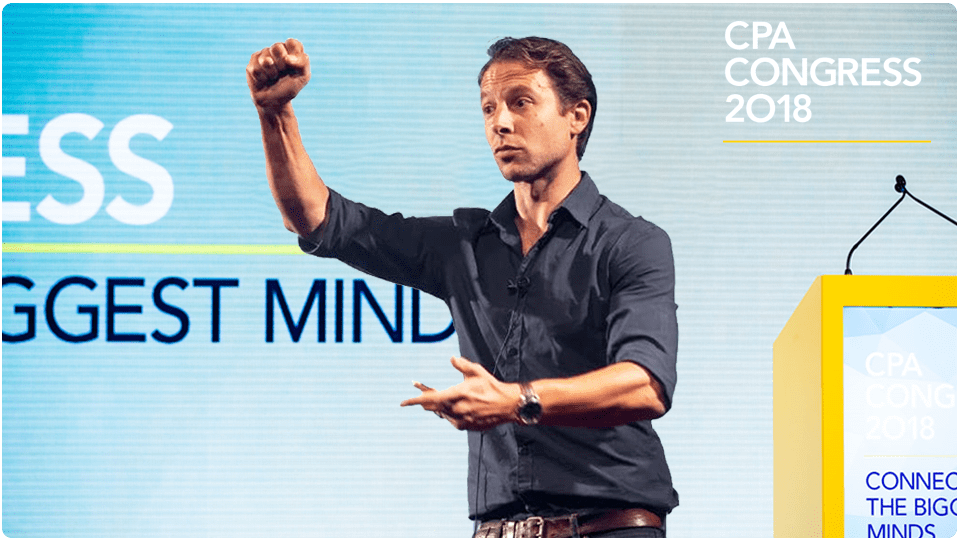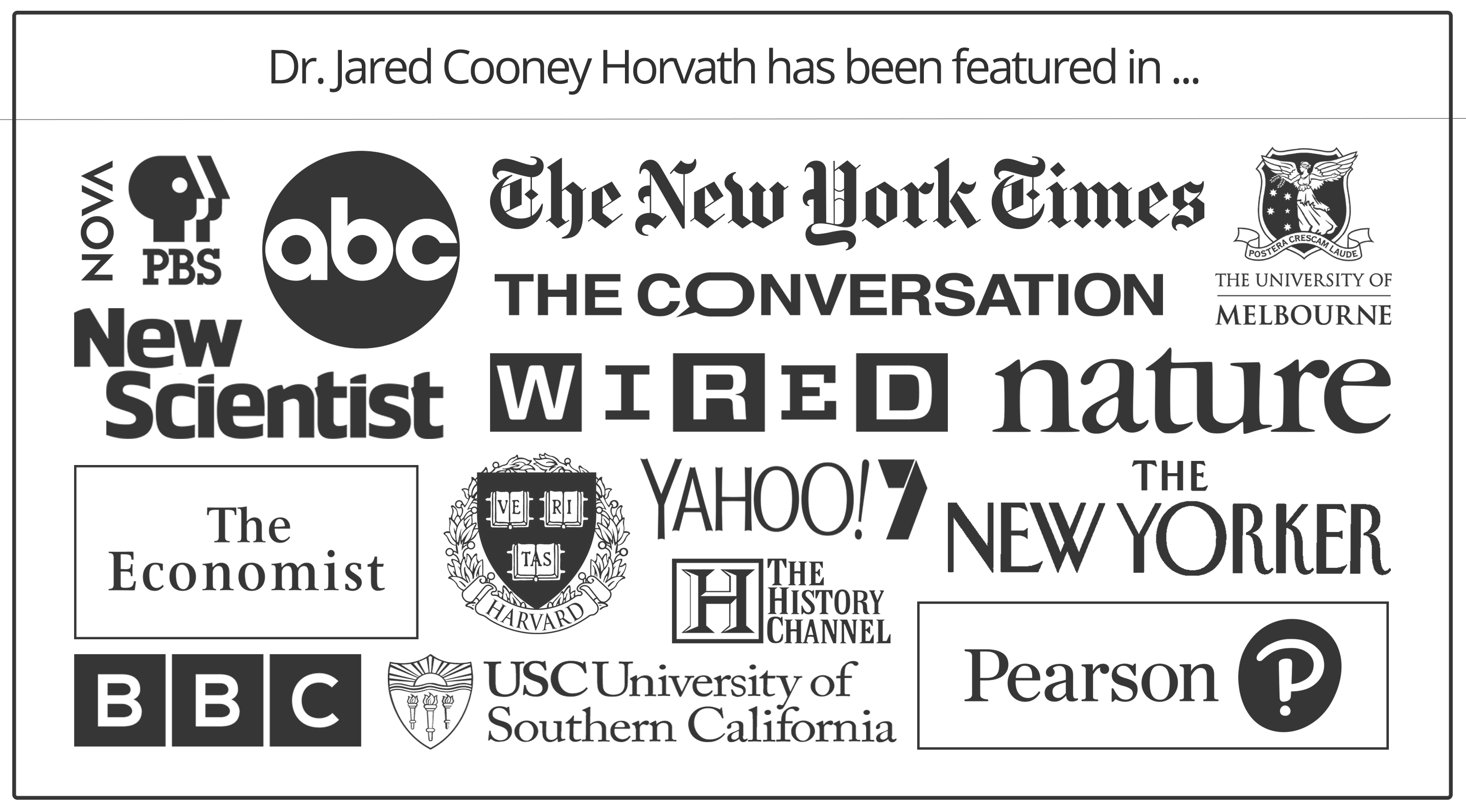
Discover why the skill of learning holds the key to achieving lasting success in our new, knowledge-based economy ...

Why did the busiest person in the world, former president Barack Obama, read an hour a day while in office?
Why has the most successful investor in history, Warren Buffett, invested 80% of his time to reading and learning throughout his career?
Why has the world’s richest person, Bill Gates, read at least one book per week during his entire professional life? And why does he take a two-week learning vacation every year?
Why do the world’s smartest and busiest people find at least one hour a day for deliberate learning, while others make excuses about how busy they are?
What do they see that others don’t?
The answer is simple:
Learning is the single best investment of our time that we can make!
Or as Benjamin Franklin said: “An investment in knowledge pays the best interest.”
This insight is fundamental to succeeding in our knowledge economy -- yet few people realize it.
Luckily, once you understand the true value of knowledge, it’s simple to get more of it.
Simply dedicate yourself to a mentality of lifelong learning.
Knowledge is the new money!
Or, to put it another way: Intellectual capital > Financial capital.

We spend our lives collecting, spending, lusting after, and worrying about money .
In fact, when we say we “don’t have time” to learn something new, it’s usually because we are feverishly devoting our time to earning money.
But something is happening right now that’s changing the relationship between money and knowledge.
We are at the beginning of a period of what renowned futurist Peter Diamandis calls rapid demonetization, in which technology is rendering previously expensive products or services much cheaper - or even free.
This chart from Diamandis’ 2012 book Abundance shows how we’ve demonetized $900,000 worth of products and services you might have purchased between 1969 and 1989.

And this demonetization will only accelerate in the future.
Automated vehicle fleets will (eventually) eliminate one of our biggest purchases: a car.
Virtual reality will make expensive experiences, such as going to a concert or playing golf, instantly available at much lower cost.
And while education and health care costs have been on the rise in recent years, innovation in these fields will likely lead to eventual demonetization as well.
For example, many higher educational institutions have legacy costs to support multiple layers of hierarchy and to maintain their campuses ...
But newer institutions are finding ways to dramatically lower costs by offering services exclusively online, focusing only on training for in-demand skills, and having employers who recruit students subsidize the cost of tuition.
In healthcare, new devices and technologies such as CRISPR, the XPrize Tricorder, and genomic sequencing will eventually lower costs by focusing on prevention rather than treatment and management.
But while goods and services are becoming demonetized, knowledge is becoming increasingly valuable!
Perhaps the best example of the rising value of certain forms of knowledge is the self-driving car industry.
Sebastian Thrun, founder of Google X and Google’s self-driving car team, gives the example of Uber paying $700 million for Otto -- a six-month-old company with 70 employees -- and of GM spending $1 billion on their acquisition of Cruise.
He concludes that in this industry: “The going rate for talent these days is $10 million.”
That’s $10 million per skilled worker! And while that’s an extreme example, it's still instructive.
The value of knowledge is increasing at an exponential rate, and those who commit themselves to optimize for this are poised to win.
However, those who continue to believe that working hard is enough, but fail to budget time in their schedule to constantly learn, will be the new “at-risk” group.
They risk remaining stuck on the bottom rung of competition, and they risk losing to others that prove more nimble and adaptive to a quickly changing landscape.
In short, knowledge is gradually becoming its own important and unique form of currency.
But unlike currency, its value compounds over time.
Plus, knowledge can be converted into many things, including things that money can’t buy, such as authentic relationships and high levels of subjective well-being.
Knowledge makes your brain work better, makes you more adaptive and mentally flexible, helps you accomplish your goals faster, makes you a better communicator, boosts your creativity, and helps you think bigger and beyond your circumstances.
And the implications of this are clear: learning isn't something you do to prepare for your career ...
Learning is your career. It's the core competency to build.
It's the thing you never delegate, and it’s one of the ultimate drivers of long-term performance and success.
So it's no wonder that the titans of business like Jeff Bezos, Bill Gates, Mark Zuckerberg, Warren Buffet, Elon Musk and countless others are "all-in" on the idea of continuous and purposeful learning.
And because they appreciate the immense value of knowledge, they understand that any edge that they (or their employees) can acquire when it comes to learning will pay massive dividends.

In the new knowledge economy, there is one skill that we should all commit to mastering if we want to remain competitive ...
The skill of learning how to learn!
Improving our ability to learn exponentially increases the value of every hour we devote to learning ... known as our our learning rate. Our learning rate determines how quickly our knowledge compounds over time.
Consider someone who reads and retains one book every week, versus someone who takes 10 days to read a book. This seemingly nominal 3-day difference compounds to one person reading nearly 500 more books over the course of a 30-year career.
Working hard is the industrial era approach to getting ahead.
Learning hard is the knowledge economy equivalent.
Just as we have minimum recommended dosages of vitamins, steps per day, and minutes of aerobic exercise for maintaining physical health, we need to be rigorous about the minimum dose of deliberate learning required to maintain our mental and economic health.
The long-term effects of intellectual complacency are just as insidious as the long-term effects of not exercising, eating well, or sleeping enough.
Failing to commit at least 5 hours per week to deliberate learning is the 21st century version of smoking cigarettes ... and this is your warning label.
Don’t be lazy. Don’t make excuses. Just get it done.

If you're like many people, perhaps you feel like you simply don't have time to commit to "learning how to learn".
And that's certainly understandable ... the demands on our time are unprecedented (or at least it feels that way with the explosion of media and technology).
But it that sounds like you, consider the story of Ben Clarke. Ben is a successful entrepreneur who co-founded and manages The Shipyard, a digital marketing consultancy firm.
Before his daughter was born, Ben focused on deliberate learning every day from 6:45 am to 8:30 am for five years (2,000+ hours). But when his daughter was born, he decided to replace his learning time with daddy-daughter time.
This is the point at which most people would give up on their learning ritual.
However, instead of giving up, Ben decided to change his daily work schedule. He shortened the number of hours he worked on his to-do list to make room for his learning ritual. Keep in mind that Ben oversees 200+ employees at his company, and is always busy.
In his words, “By working less and learning more, I might seem to get less done in a day, but I get dramatically more done in my year and in my career.”
This wasn’t an easy decision for Ben by any means, but it's reflective of the difficult decision we all face:
To learn, or not to learn? That is the question.
And at this point, I hope you're convinced that the former is the more rewarding answer.
An investment in continuous learning can yield profoundly more than any business deal or blue-chip stock.
And it doesn't have to be overly time-consuming ... heck, even just 15 minutes per day adds up to nearly 100 hours over the course of a year.
Yet many of us will still likely fall into the trap of thinking we can’t afford to spare the extra time it takes to learn. But in reality, the opposite is true:
We can't afford not to learn!
Learning is no longer a luxury ... it’s a necessity.










